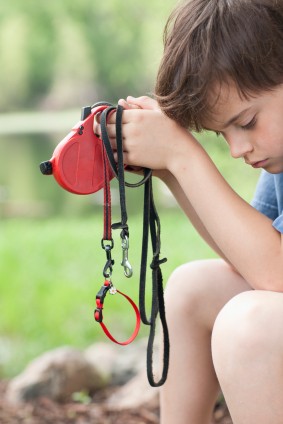Another week closer to Christmas, and it can be a sad time of year for some people, particularly if you find yourself faced with the words: “My dog has been stolen…”
It is every owner’s nightmare – your dog is lost, or stolen. What do you do?
As a nurse in practice you are likely to be an important contact, but do you know how to help?
Unfortunately, dog thefts are in the news at the moment, and the “industry” has grown in strength, especially under the current economic climate. In fact, London has seen a 74% increase in dog thefts in just one year (Metro, 2011).
Sadly, this time of year sees a peak in thefts, as dogs are stolen to order for Christmas. In some cases, if they cannot be sold, they are ransomed back to the owner. It means there is always a market for the product. Friendly, cute and popular breeds will always be targeted, but in London Staffies have been specifically targeted (Metro, 2011).
As the article above describes, dognapping is a minimal risk, maximum profit crime – and if the thief is really lucky, he or she can respond to a plea to return the dog… for a reward! However, the perpetrators are usually career criminals with the contacts to move pets on quickly, which is why the police should always be contacted, and information spread outside of your local area.
Owners can take steps to reduce the chances of theft, but this may mean a change in the lifestyle: no more leaving the dog outside the newsagent, or in the car, or letting the kids take them to the park. Recall training may also need to be updated, to ensure the dog remains closer in the park.
It could be worth spending time preparing a short leaflet for clients and a guide for front-of-house staff. Tailor information to your local area (are there any “hotspots” you can advise clients on?) and include preventive and proactive activities. You can also use this opportunity to advertise your microchipping services.
Such advice is also useful for cat owners – I would urge all indoor cat owners to chip their cats. In the aftermath of a burglary, you don’t want to be left wondering how you’ll get your cat back.
To point you in the right direction, the websites below are all good sources of information:
Dog Theft Action (advice to reduce risk of theft/loss of ownership)
London Dog Forum (advice to reduce risk of theft)
Dog Lost (a free website and twitter feed for lost and stolen dogs)
In future blogs I will look at what to do if you scan a stolen dog, and the legal aspect of pet ownership when a relationship breaks down.

Leave a Reply